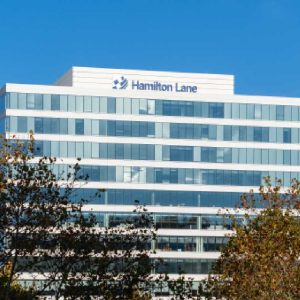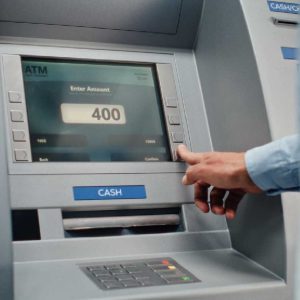In the US, the seasonal credit experience was particularly favorable in the quarter, resulting in pre-tax profits for the first time since the financial crisis began in 2007.
After covering the fourth interim dividend for 2009 of $0.10 per ordinary share, capital generated in the quarter helped to strengthen the tier 1 ratio to 11.1% and the core tier 1 ratio to 9.7%. Reported risk-weighted assets reduced slightly in the quarter. The ratio of customer advances to deposits remained conservative at under 80%. The first interim dividend for 2010 of $0.08 per ordinary share was announced on May 4, 2010.
HSBC’s US business delivered pre-tax profits for the first time since second quarter of 2007. Loan impairment charges in personal financial services were significantly lower than in both first quarter of 2009 and fourth quarter of 2009.
The bank’s pre-tax profits in global banking and markets were higher than in both first quarter of 2009 and fourth quarter of 2009.
In global private banking, pre-tax profit was modestly lower than in first quarter of 2009.
Michael Geoghegan, CEO of HSBC, said: “Although we remain alert to the impact of strains being seen in Europe, the emerging market trends are developing well and it is good to be able to report a pre-tax profit in the US in the first quarter – the first quarterly profit since 2007. It is too soon to declare victory but the improvement in the quarter is testament to the actions of our management team since we identified the problems in the US consumer finance market.
“We are still in the middle of a period of record low interest rates with no immediate end in sight – not least in the US and the UK. As a deposit-led bank, this will likely continue to constrain income for the rest of this year and even beyond. But although this is painful now, HSBC’s funding strength means we are one of the world’s best positioned banks in the long-term, as rates eventually rise.”






